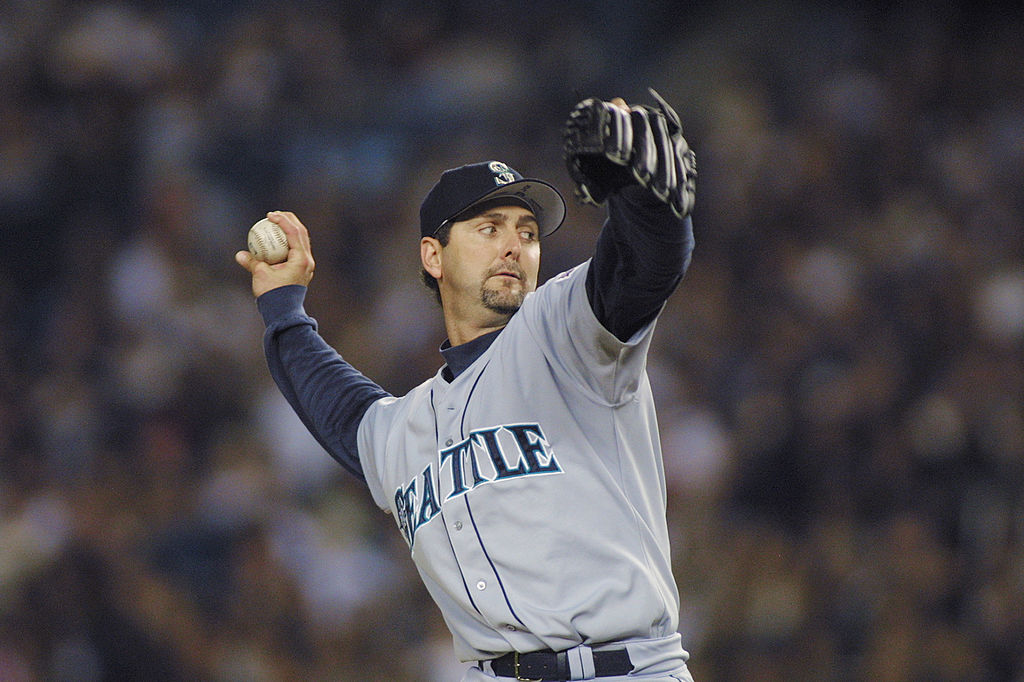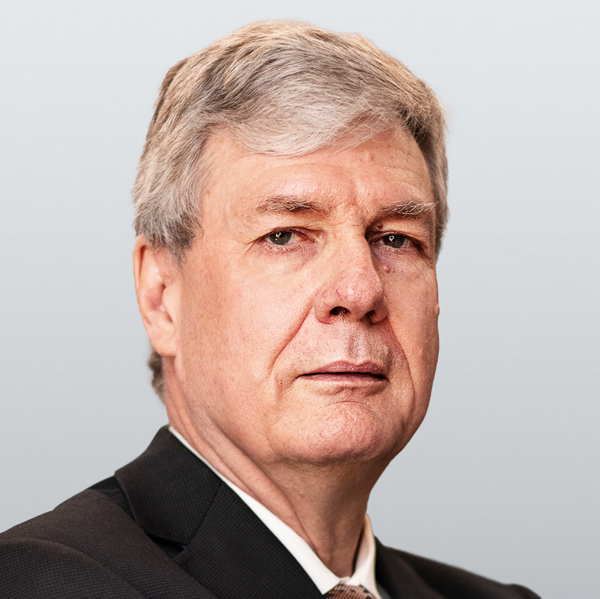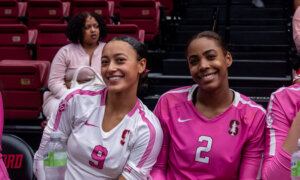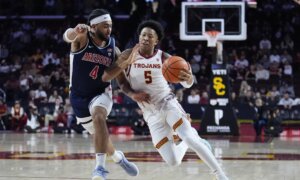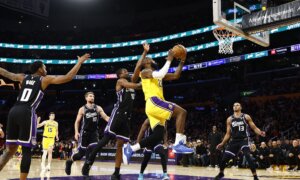A former general manager of the Kansas City Royals then serving as an assistant to the general manager with the Boston Red Sox, Allard Baird visited Fullerton “to take a look at a couple of pitchers” in 2010.
He wound up with a pitching coach instead.
Thirteen years later, having landed a job in the Red Sox organization upon Mr. Baird’s recommendation, Paul Abbott is still at it, now coaching the pitchers for Boston’s Triple-A affiliate in Worcester, Massachusetts.
The trip down memory lane goes back to the short-lived Golden Baseball League, an independent entity not affiliated with Major League Baseball that was nearing the final days of a six-season run that had begun in 2005.
With Red Sox management having placed an emphasis on trying to mine talent from independent leagues, Mr. Baird arrived at Cal State Fullerton’s Goodwin Field. Much to his surprise, he found one of his former Royals players, Mr. Abbott, managing the Orange County Flyers.
“It was great. We were able to catch up,” Mr. Baird told The Epoch Times. “Obviously, I knew him as a professional pitcher at the major-league level. I knew the person. I knew the character. I knew his approach, what type of a teammate he was. I got a chance to see him manage. We talked a lot about what he wanted to do in the future, what his passion was, and then we stayed in touch.”

Paul Abbott #48 of the Seattle Mariners poses for a photo during Team Photo Day at the Mariners Spring Training in Peoria, Ariz., on Feb. 21, 2002. (Tom Hauck/Getty Images)
A former star at Sunny Hills High School in Fullerton, Mr. Abbott had pitched in professional baseball for two decades, including a magical 2001 season when he went 17–4 for the Seattle Mariners, who tied a major-league record with 116 regular-season victories.
In the process of transitioning to a post-playing career, Mr. Abbott’s first step had been four seasons coaching at Fullerton College, where the older two of his three sons and a daughter played junior-college ball. Having missed most of their teen baseball activity while finishing his own pitching career, Mr. Abbott prioritized spending time with the boys before moving on to his next adventure.
“I had always planned on being back in [professional] baseball,” Mr. Abbott, now 55, told The Epoch Times. “I just feel like in my mind that I’m a lifer. Building connections and trying to develop guys as they chase their dreams … it’s what I always imagined doing.”
Mr. Abbott worked two seasons as a pitching coach for the Flyers, serving under Phil Nevin, current manager of the Angels, before getting the managing gig himself.
Mr. Baird, who is now a special assistant to the general manager for the Arizona Diamondbacks, isn’t the least bit surprised by Mr. Abbott’s success, or his longevity.
“A lot should be said about the way he does it,” Mr. Baird said. “He’s truly an organization-above-one’s-self guy. He’s not the guy saying, ‘Hey, hey, look at me.’ Ability isn’t always an absolute for guys who played in the big leagues, in terms of being good teachers. His ability, I think, is he’s able to recognize strengths and limitations—improve those strengths and diminish those limitations.”
Certainly, Mr. Abbott’s pitching career provided a solid base for coaching success. He broke into the big leagues in 1988 with the Minnesota Twins, who had won the World Series the previous season. A short stint with the then-Cleveland Indians followed, and after five seasons in Seattle, Mr. Abbott pitched for Kansas City Royals, the then-Tampa Bay Devil Rays, and Philadelphia Phillies before retiring in 2004.

Starting pitcher Paul Abbott #31 of the Kansas City Royals pitches against Nick Johnson #36 of the New York Yankees during the first inning of the game in Kauffman Stadium in Kansas City, Mo., on Aug. 11, 2003. (Dave Kaup/Getty Images)
Teammates at one time or another with Hall of Fame players Kirby Puckett, Bert Blyleven, Steve Carlton, Jack Morris, and Ken Griffey Jr., Mr. Abbott recalls lessons learned from each of them, as well as others. And, of course, there were countless managers and pitching coaches, including the fiery Lou Piniella, Mr. Abbott’s manager with the Mariners.
“I always say it’s not really that I got to play 20 years in baseball. It’s who I got to play with and be around,” Mr. Abbott said. “Everybody’s personalities are different. I played with most of those personalities, even though the names are different. You have to be able to connect with all different types of players. A good coach can relate to everybody and have more than just one philosophy.”
A perfect example of exactly that necessity lies in Worcester, where the International League club is affectionately known as the WooSox. A typical Triple-A pitching staff will include a combination of veterans, some of whom have previously been in the big leagues and are trying to get back, and up-and-comers dreaming of their first shot in the show.
“So, you have two different types of approaches,” Mr. Abbott said. A tweak here or the addition of a new pitch there might be enough for an older pitcher to get the call to Boston’s Fenway Park. Youngsters will likely need more development, and depending on circumstances, perhaps some combination of encouragement and tough love.
And just as Worcester’s players are one step away from the major leagues, so too is Mr. Abbott.
“Everyone has individual goals,” Red Sox Director of Player Development Brian Abraham told The Epoch Times. “I know Paul, for example, obviously wants to be in the big leagues someday. I think Paul has done a really good job of evolving as a pitching coach. Even this year, he continues to ask questions, find ways to get better, and improve not only himself but the players he’s working with.”
